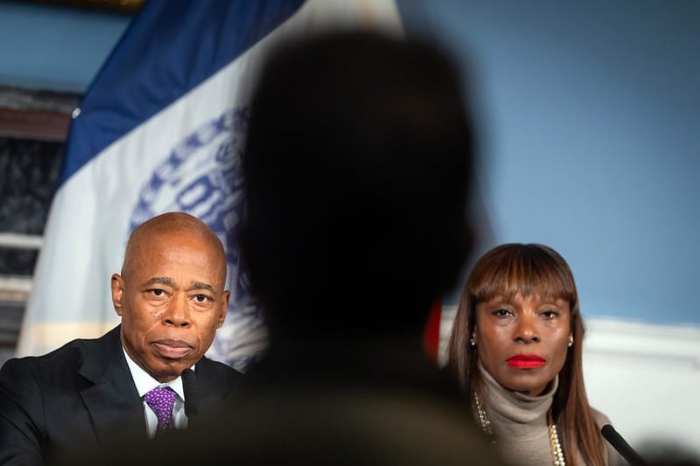A panel discussion took place at the United Nations Headquarters last Friday about the importance of proliferating and preserving religious freedom in today’s world.
The discussion, entitled “International Religious Freedom: A New Era for Advocacy in Response to a New Age of Challenges and Threats”, was sponsored by Archbishop Bernardito Auza, the Permanent Observer Mission of the Holy See to the UN, and the NGO Committee on Freedom of Religion or Belief. The panel was moderated by Auza, who was accompanied by Samuel Brownback, US Ambassador at Large for International Religious Freedom; Hajnalka Juhasz, Ministerial Commissioner for the National Assembly of Hungary; Ignatius Kaigama, Archbishop of Kos, Nigeria; and Thomas Farr, President of the Religious Freedom Institute.
The discussion was scheduled in response to what the experts perceived to be an epidemic of religious persecution worldwide. A 2018 report from the UN on freedom of religion and belief identified 24 states with an official state religion that impose “high” or “very high” restrictions on religious practices, and another 18 with state-favored religions that impose similar restrictions.
Most troublingly, the report identified 28 states in which religious dissenters and nonreligious citizens were targeted with “severe abuses” by state and non-state actors, including genocide, rape, intimidation and harassment.
“In response to these growing challenges, there is a need for a new era of advocacy and protection of religious freedom,” said Auza. “Because of the attacks the world has witnessed in recent years against various groups of religious believers, the protection of the right of religious freedom must be one of the most urgent responsibilities of the international community.”
After summarizing the extent of the problem, the experts shared examples of what they’re doing to counteract it. Hajnalka Juhasz, for instance, said that the National Assembly of Hungary has provided direct relief to persecuted Christians living in the Middle East and Northern Africa
“Together we are implementing projects to build and rebuild schools and orphanages to provide support for persecuted Christians,” said Juhasz. “Recognizing the threat to Christian culture, the foundation of Western civilization, the government of Hungary believes in the importance of protecting Christian communities around the world and support the families therein.”
However, as Thomas Parr pointed out, programs and organizations like those mentioned above won’t be enough to fix the problem; instead, we need to conceive a sustainable solution to global religious persecution.
“The right of religious freedom must be protected in law and valued in culture,” said Farr. “We support other efforts to reducing persecution… but while these and other efforts are necessary, they cannot have a lasting effect, because they do not address the underlying causes of persecution. The only long-term sustainable solution to this international crisis is to do the hard work of convincing the stakeholders in persecuting societies of the value of religious freedom to them.”





































